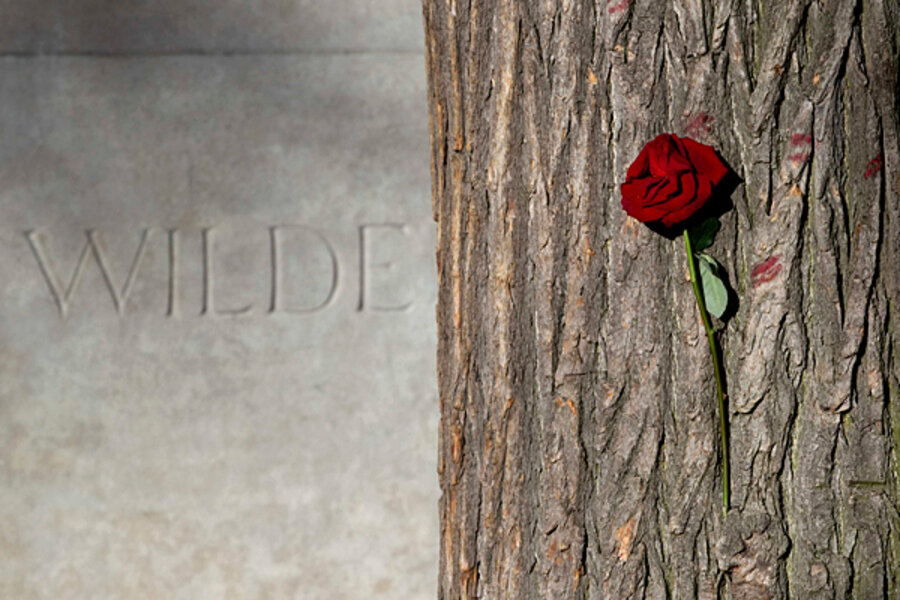What: The first LGBT-oriented bookseller in the US
Before the Oscar Wilde Bookshop opened, the only place for people to find LGBT-oriented books were in cramped bookshops that often hid behind curtains or in unmarked storefronts. Craig L. Rodwell changed that by opening the Oscar Wilde Bookshop, named for the Irish fiction writer, in New York City’s Greenwich Village in 1967. Though a small storefront, it provided a safe place for customers to browse literature that dealt with LGBT issues and in turn became a pivotal meeting place for the LGBT community. New York City’s first LGBT pride parade was planned through meetings at the bookshop.
“It demonstrated for the first time that it was possible to own a bookstore, however small, that catered to a gay public,” said Martin B. Duberman, an emeritus professor of history at Lehman College and author of the book “Stonewall” to the New York Times. “At the same time, by its very existence, it helped to demonstrate that there was such a public, which in turn might well have had some influence on gay writers – suggesting that there was an outlet for that kind of work.”
The bookshop became a model for LGBT-oriented bookstores across the country, but unfortunately befell the same fate as many independent bookstores. It was changed ownership five times in twenty years, first after Mr. Rodwell passed away in 1993, then in 1996, 2003, and 2006. Finally in 2009, after the owner said there were more tourists than paying customers visiting the store, the Oscar Wilde Bookshop closed its doors.





